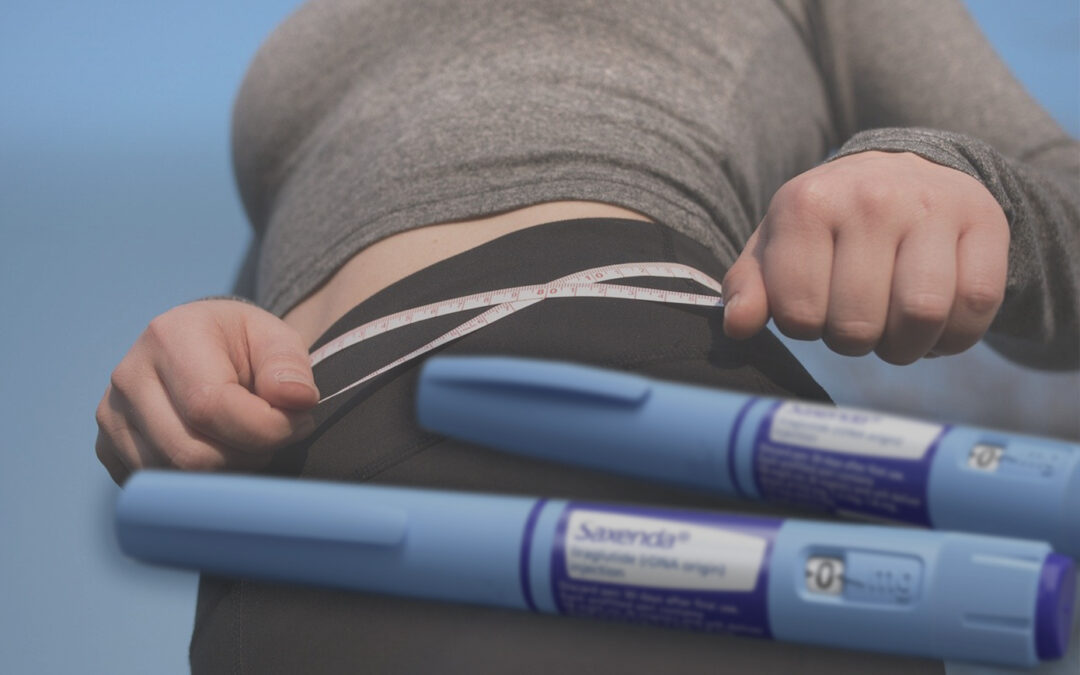Privacy has always been one of the most sensitive aspects of healthcare. For centuries, people have relied on doctors, clinics, and pharmacies to handle their medical concerns. Yet, many patients feel uneasy when their health information, habits, or personal decisions become visible to others. This is where privacy in personal health testing plays a crucial role. The ability to manage one’s health discreetly not only protects personal dignity but also encourages people to seek the care and answers they need without hesitation.
In today’s fast-paced world, with advanced technology and evolving social expectations, the conversation around privacy has grown even more urgent. Whether someone is managing chronic conditions, seeking preventative care, or addressing sensitive health issues, having private access to testing makes the entire process less intimidating and far more empowering.
The Meaning of Privacy in Healthcare
Privacy in healthcare isn’t just about keeping information confidential. It also refers to the control a patient has over when, where, and how they undergo medical testing. For many, the idea of walking into a hospital or clinic for certain tests can be stressful. This stress might come from cultural considerations, fear of judgment, or simply a desire to keep personal health matters private.
The growth of at-home health testing services has transformed this landscape. People now have the option to collect samples, track results, and manage their health with minimal exposure to others. This sense of ownership over personal health decisions is closely tied to the idea of medical dignity, where individuals feel respected and safe.
Reducing Stigma Through Privacy
Some health conditions or testing types carry unnecessary stigma. For example, sexual health testing, mental health screenings, and substance-related tests often make people feel embarrassed. Many individuals put off important medical check-ups because they don’t want to be seen at a clinic or judged by a healthcare professional.
When testing can be done privately, this stigma fades. People are more willing to take the step toward better health when they know they won’t face uncomfortable questions or disapproving looks. Privacy creates a safe space for honesty. A patient who feels comfortable is more likely to provide accurate information, follow medical advice, and take responsibility for their well-being.
Convenience and Confidentiality Together
Privacy isn’t just about secrecy. It often goes hand in hand with convenience. At-home testing kits, telemedicine services, and discreet delivery of medical tools allow patients to integrate healthcare into their lives without major disruptions.
Imagine a busy professional who doesn’t have time to sit in a waiting room. Or a parent who doesn’t want their children to know about a particular medical concern. The ability to test privately at home means health doesn’t have to take a backseat. Confidentiality adds value to convenience by ensuring that the process remains personal and under the patient’s control.
Encouraging Early Testing
One of the biggest benefits of privacy in personal health testing is that it removes barriers to early detection. When people feel secure about their information and the process, they are more willing to get tested sooner rather than later.
Early detection is often the difference between minor treatment and long-term complications. Whether it’s monitoring blood sugar levels, checking cholesterol, or running screenings for potential infections, the more comfortable people are with the process, the more likely they are to act responsibly. Privacy can literally save lives by making testing less daunting.
Cultural Sensitivity and Personal Choice
In diverse regions where cultural and social values influence medical decisions, privacy takes on an even greater importance. Some communities place strong emphasis on reputation, family honor, or adherence to social expectations. In these contexts, people may avoid seeking medical support if they believe it could affect how others perceive them.
Discreet health testing respects cultural differences and gives individuals the freedom to act without fear of social consequences. It provides a bridge between modern medicine and traditional values, ensuring that healthcare remains accessible without conflicting with personal beliefs.
Building Trust Through Confidential Services
Trust is the foundation of any successful healthcare system. Patients need to feel confident that their information won’t be misused or exposed. When healthcare providers and testing services guarantee discretion, they encourage stronger relationships with their patients.
Confidential health testing also shows respect. It tells patients that their well-being is prioritized not only in terms of medical outcomes but also in protecting their personal identity. In return, this respect builds loyalty and encourages people to keep up with ongoing care.
Technology’s Role in Private Health Testing
Technology has advanced to the point where privacy can be maintained with greater ease. Secure apps, encrypted communication, and reliable data storage systems ensure that patient records remain confidential. Many at-home testing services now include digital platforms where results are shared securely, avoiding unnecessary paper trails.
This integration of privacy with technology also improves patient control. Individuals can monitor their results, consult with doctors online, and track changes over time without involving unnecessary third parties. Technology ensures that healthcare stays personal and accessible, even when managed from the comfort of one’s home.
Addressing Sensitive Health Concerns
Not all health issues are openly discussed. Conditions like reproductive health concerns, sexually transmitted infections, or substance misuse often remain hidden due to fear of exposure. For these sensitive topics, privacy is more than just a preference; it is a necessity.
The ability to undergo discreet testing allows people to confront health issues they might otherwise ignore. It eliminates barriers of shame and creates opportunities for intervention before problems escalate. For example, services such as a drug test at home dubai provide individuals with a way to handle a serious concern privately, while still ensuring accuracy and professional support.
Psychological Comfort and Control
Health is not only physical. Psychological comfort plays a major role in how people interact with medical systems. When individuals feel pressured, judged, or watched, their stress levels rise. This stress can discourage them from taking the next step or lead them to avoid medical help altogether.
Privacy restores a sense of control. It reassures patients that they are the ones deciding what happens, when it happens, and who knows about it. This mental comfort can make a significant difference in compliance with testing and treatment.
The Future of Private Health Testing
Looking ahead, privacy will remain at the center of healthcare innovation. As more services move into the digital and home-based space, patients will continue to demand confidentiality as a basic right. Providers that fail to prioritize discretion will likely lose trust and relevance.
We can expect to see more personalized solutions, such as smart diagnostic devices, discreet sample collection methods, and secure digital communication systems. These innovations will not only protect privacy but also enhance accessibility, ensuring that healthcare fits naturally into everyday life.
Conclusion: Privacy as Empowerment
Privacy in personal health testing is far more than a convenience. It is an essential part of ensuring dignity, trust, and comfort in the medical process. By allowing individuals to manage their health on their own terms, privacy encourages early detection, reduces stigma, and respects cultural values.
Whether through at-home testing kits, telemedicine, or digital platforms, the message is clear: patients want confidentiality, and they deserve it. In a world where health decisions are deeply personal, privacy provides empowerment. It allows people to prioritize their well-being without fear, judgment, or unnecessary exposure.
Healthcare will always be about healing and prevention. But when privacy is built into the process, it becomes about respect as well. And that respect can make all the difference in whether someone takes the first step toward a healthier future.







0 Comments